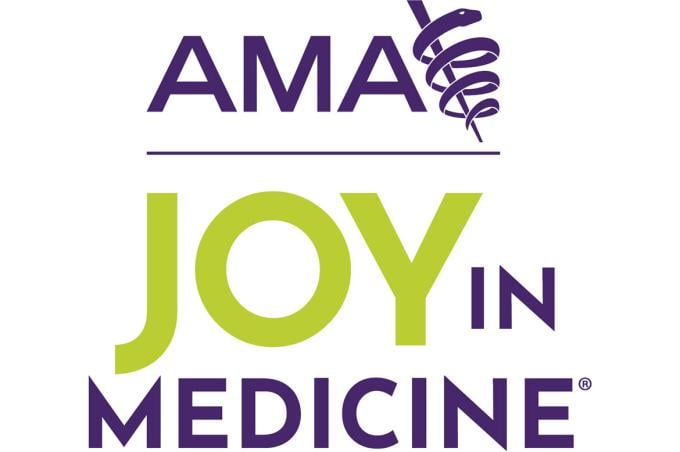As guardians of the nation’s health and well-being, physicians must broaden their horizons beyond medical textbooks and recognize the value of insights from outside medicine to better serve their patients and navigate the complex health care landscape.
This interest in advice, or self-help, books can help transform individual physician practices and support in innovative health care leadership. And as the stethoscope meets the bookshelf, physicians are finding that absorbing penetrating insights in the best advice books can give them a deeper understanding of their roles as decision-makers and influencers in society.
Whether doctors or medical students are in search of books to read for relaxation or to learn more about a particular topic, the AMA “Shadow Me” Specialty Series—which offers advice directly from physicians about life in their specialties—provides some outstanding recommendations.
Here, in alphabetical order by author, are five advice books that AMA members who have participated in the “Shadow Me” Specialty Series recommend reading. Each doctor is from an organization that is a member of the AMA Health System Program, which provides enterprise solutions to equip leadership, physicians and care teams with resources to help drive the future of medicine.
The Checklist Manifesto
By Atul Gawande, MD
L. Wesley Aldred, MD, a pulmonary and critical care medicine physician at Hattiesburg Clinic, recommends this book because it “challenges physicians to embrace checklists for improved patient care.”
Think Again: The Power of Knowing What You Don't Know
By Adam Grant, MS, PhD
“It emphasizes a growth mindset and how important it is to approach each situation from multiple different perspectives,” said Rachel Clement, MD, an anesthesiologist at Wenatchee Valley Medical Group, which is part of Confluence Health.
“Within anesthesiology, we are compulsive and are certain that our way is the best way, even though we all do things a little differently,” said Dr. Clement. “Remaining curious rather than rigid not only allows us to learn more, but also creates a culture around you of innovation, improvement and collaboration.”
The Five Dysfunctions of a Team: A Leadership Fable
By Patrick Lencioni
“Learn the basics of team function. You will be working in teams for the rest of your career,” said Jordon Despain, MD, a family physician at Confluence Health.
Crucial Conversations: Tools for Talking When Stakes Are High
By Kerry Patterson
“This provides a framework for helping people who disagree but need to work together—for example, you and your patients, you and your colleagues, you and administrators, and you and your family members,” said Dr. Despain.
StrengthsFinder
By Tom Rath, MS
Given to him by his department chair, Carl Lambert, MD, a family physician at Rush University Medical Center in Chicago, describes this as “a book about leadership.”
“It's important to know what type of leader you are. Are you a collaborative leader? Are you a dictator or you're authoritative? Are you more data-driven?” said Dr. Lambert. “It's important to know how you're wired so that you can capitalize on your strengths and then also work on your weaknesses too.”
For nonfiction recommendations, here are eight great books hand-picked by physicians for your reading list. And for medical students and physicians who are more interested in reading fiction, here are five fantastic novels doctors recommend.
In addition, these 10 wonderful physician memoirs offer inspiring accounts of life in medicine.
The AMA Specialty Guide simplifies medical students’ specialty selection process, highlights major specialties, details training information, and provides access to related association information. It is produced by FREIDA™, the AMA Residency & Fellowship Database®.




